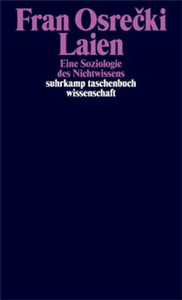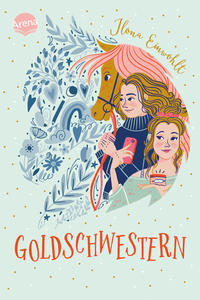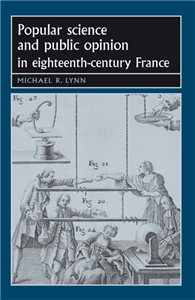Mercure de France
Provided with a remarkable collection, Mercure de France follows an exacting editorial policy: French and foreign literature, poetry, history, anthologies... Awarded many times, the publishing house is associated with prestigious names: Romain Gary, Colette, Ionesco , André Gide, André du Bouchet, Henri Michaux, Adonis, Yves Bonnefoy, Andréï Makine, Gilles Leroy, Anne Serre, Gwenaëlle Aubry, Julian Barnes...
View Rights Portal





























